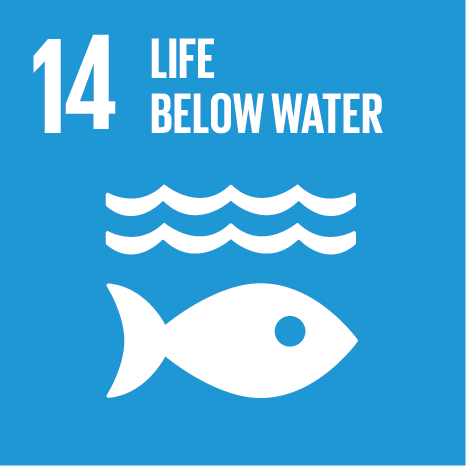Ciência_Iscte
Publications
Publication Detailed Description
Contesting political decisions involving environmental issues: A case study in Portugal based on the press about offshore oil and gas drilling
Journal Title
Frontiers in Marine Science
Year (definitive publication)
2021
Language
English
Country
Switzerland
More Information
Web of Science®
Scopus
Google Scholar
This publication is not indexed in Google Scholar
Abstract
This paper presents a case study about the drilling of offshore oil and gas in mainland Portugal, a process that ended with the cancelation of all contracts. It aimed to better understand the argumentative and value dynamics involved in how municipalities, populations, civic organizations, and others successfully contested the central government decision of prospection. Since the press was one of the main stages for this conflict, it was important to analyze how it presented the respective arguments to society. Articles on this topic were collected from the two widely read national newspapers “Correio da Manhã” and “Público” in the culmination period of this confrontation, which occurred between June 2016 and December 2018. In total, 155 articles were found, 61.3% (n = 95) from “Público” and 38.7% (n = 60) from “Correio da Manhã.” The quantitative analysis focused on the number of news per month and the frequency of themes, as well as the frequency of actors and arguments used against and in favor of exploitation on the news. Thematic analysis was used to qualitatively assess the articulation of arguments in the two opposing views. Results show that, in both newspapers, the majority of articles focused on the positions and actions of those opposing prospection, as the Government and other actors in favor of drilling were much less active in presenting its arguments. Overall, the analysis suggests two different strategies: (a) a strong argumentative synergy between a wide range of actors against offshore prospection. Their concerted arguments defended multiple values, including public participation in political decisions, protecting local communities and places from environmental risks, countering climate change, and protecting local economic activities. (b) The Government was usually isolated in its arguments with the occasional exception of oil companies or representatives of the national industry. The scarce arguments used by these actors evoked mostly national economic values, with little engagement with other societal goals. This study suggests that the large mobilization of different sectors of society, their use of a convergent and wide range of arguments, and the lack of engagement of the Government in a dialogical argumentation were crucial to delegitimize the latter’s political decision.
Acknowledgements
--
Keywords
Local impacts,Climate change,Public protests,Fossil fuels,Collective action
Fields of Science and Technology Classification
- Earth and related Environmental Sciences - Natural Sciences
- Biological Sciences - Natural Sciences
- Environmental Engineering - Engineering and Technology
- Agriculture, Forestry and Fisheries - Agriculture Sciences
Funding Records
| Funding Reference | Funding Entity |
|---|---|
| UIDB/04292/2020 | Fundação para a Ciência e a Tecnologia |
| UIDB/03125/2020 | Fundação para a Ciência e a Tecnologia |
| CEECIND/03059/2017 | Fundação para a Ciência e a Tecnologia |
Contributions to the Sustainable Development Goals of the United Nations
With the objective to increase the research activity directed towards the achievement of the United Nations 2030 Sustainable Development Goals, the possibility of associating scientific publications with the Sustainable Development Goals is now available in Ciência_Iscte. These are the Sustainable Development Goals identified by the author(s) for this publication. For more detailed information on the Sustainable Development Goals, click here.

 Português
Português



